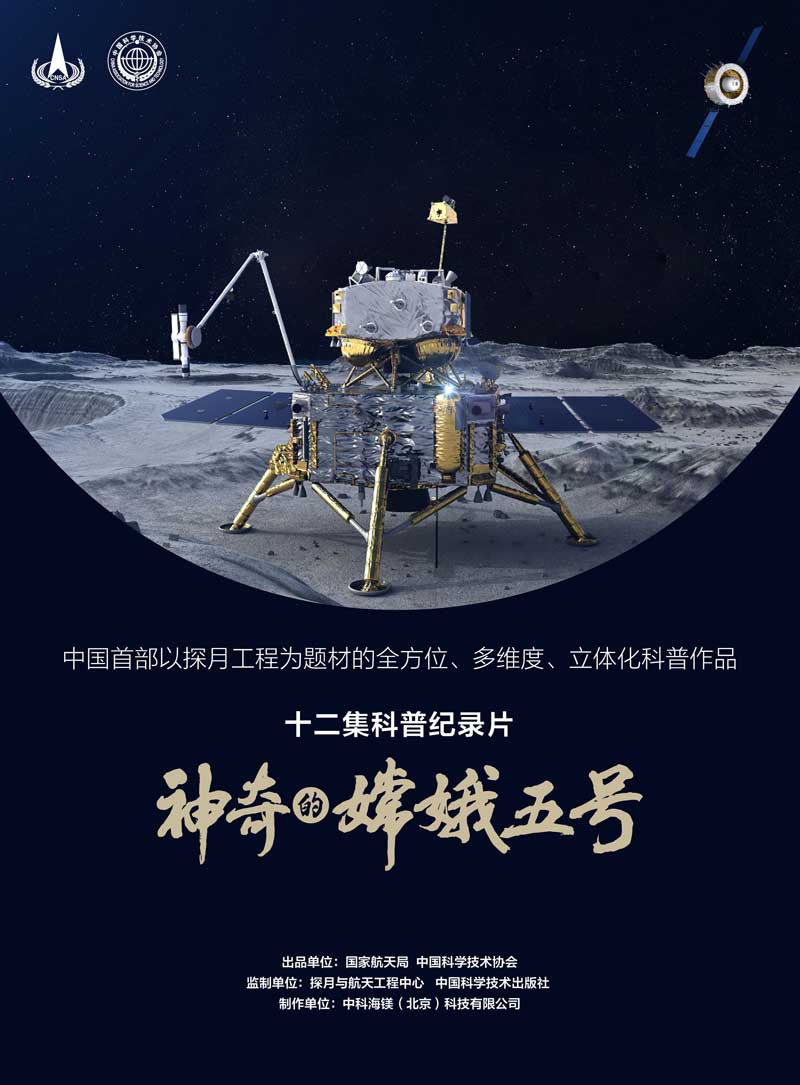After brushing your teeth, how can the food become taste?
Author:China Popular Science Expo Time:2022.08.04
The first thing the worker wakes up in the morning should be brushing your teeth, but I do n’t know if you find it. When you eat breakfast after you finish your teeth, or drink a cup of freshly squeezed orange juice, you may feel strange. It becomes very bitter.

Picture source: pixabay.com
Have you ever wondered why the taste of orange juice became so weird? Is the orange juice bad, or is there a problem with your taste?
What does our tongue look like?
If you want to understand the principle of taste, you must start with the structure of the tongue. You can observe your tongue according to the mirror. There will be many small "raised" on the surface of the tongue. These raised structures are called tongue and nipples, and our taste and organ -taste buds are spread all over the tongue and nipples.

Small suddenly up on the tongue is the tongue nipple picture source: pixabay
There are about 10,000 taste buds on the tongue of adults, and each taste bud contains at least dozens of taste receptors. These tens of thousands of taste receptors can make us feel sweet, bitter, and umami. , Salted and sour taste.
The three flavors of umami, sweetness, and bitterness are recognized by the G protein coupling body, and the sour and salty taste is recognized by the ion channel.

The receptor schematic diagram on the taste bud: The author draws
When we eat or drink, the delicious chemicals in the food will "wander around" in our mouths.
These small molecules with different flavors are like different keys, and the taste receptor on the tongue is like different locks. Different keys are constantly matched with different locks in the mouth. Once the key is successfully opened, the lock is successfully opened. To the head, the taste receptor will send a series of signals to the brain, and we can feel the corresponding taste.
Why does the taste of eating after brushing change?
General toothpaste contains a chemical called sodium laurel polyether sulfate (SLS). It is a surfactant that adds it to the toothpaste to make more foam when brushing. After brushing, drinking orange juice will feel the "culprit" that will feel that orange juice becomes bitter.

A large amount of bubbles when brushing is a contribution picture source of the Moon Cinnamonin Polyethylsulfate in the toothpaste: Pixabay
The bitterness in the orange juice is caused by the two small molecules of lemon bitterness and orange berinoside. When we drink orange juice, the receptor that feels bitter on the taste buds will accumulate phospholipid molecules, which is equivalent to the "lock eye" that feels bitter. So the bitter taste when you usually drink orange juice is not so strong.
When brushing the teeth, the sodium laurel sodium sulfate in the toothpaste will decompose the phospholipid molecules on the receptor and clean up the blocking "lock -locking". By the strong bitterness.
Will other foods also make a magical change in taste?
Not only is sodium laurel sodium sodium sodium in the toothpaste that can change the taste. The magical fruit to be introduced next -the mysterious fruit (SynsePalum Dulcificum) can also change the taste.
The mysterious fruit is a red berry native to the tropical. This magical berry was discovered in Africa in 1725. At that time, an explorer named Chevalier Des Marchais noticed that the locals would chew this kind of chewing before eating. Mysterious fruit, eating mysterious fruit can change the taste buds and enhance the sweetness of food, especially those foods that are not prominent or sour.
Later, scientific researchers found the mysterious fruit protein -Miraculin, which can be combined with the sweet receptor in the taste buds to make the food sweeter and change the sour taste of the food. So when you have eaten this mysterious fruit, even drinking a spoonful of vinegar will be as sweet as drinking a spoonful of sugar water.

Mysterious fruit picture source: wikipedia
In addition, there is a phenomenon that changes the taste buds. People call it "Pine Mouth". This means that some people have eaten pine nuts about 12 to 48 hours after eating pine nuts. There will be a disgusting metal in their mouths. The taste is like a one -dollar coin. This disgusting taste can last for several days or weeks. But so far, the cause of the phenomenon of pine nuts has not been reasonably explained.

Eating pine nuts can cause some people to appear pine nuts pictures. Source: pixabay
Drink orange juice before brushing your teeth?
Drinking orange juice first and brushing your teeth, this seems to be a logical way to solve the "orange juice" method, but if you do this, it will bring new problems.
Orange juice, coffee, grapefruit juice, etc. can be used as breakfast beverages, but they are more acidic beverages, which will temporarily soften and corrode the enamel on the teeth. If you brush your teeth immediately after drinking these drinks, you may cause your teeth to change. Sensitive or felt pain.

Enamel is enamel, which is the hardest part of our teeth.
Therefore, if you have the habit of eating breakfast before brushing your teeth, then it is best to brush your teeth after 30 minutes of breakfast!
Seeing it here, someone may ask. If I want to eat immediately after my teeth, but I don't want to change the taste, what should I do? When can the taste after brushing the teeth return to normal?
In fact, a toothpaste that does not contain sodium cinnamonum polyether sulfate has been developed on the market. After brushing your teeth with this toothpaste, you will not feel that orange juice will become bitter. In addition, you can also try to drink plenty of water or chew gum, thereby increasing the flow of saliva, which helps to "wash off" sodium laurel polyether sulfate on the tongue to restore the normal taste La.
Produced: Popular Science China
Author: Denovo
Producer: China Science Popularization Expo
Edit: Wang Tingting
references:
1. MUNK M D. "Pine Mouth" Syndrome: Cacogeusia Following Ingestion of Pine Nuts (Genus: Pinus). An emerging problem? [J]. Journal of Medical Toxicology, 2010, 6 (2): 158-159.
2. Swamy K B, Hadi S A, Sekaran M, et al. Et Al. The Clinical Effects of Synsepalum DulCified: A Review [J]. Journal of Medicinal Food, 2014, 17 (11): 1165-1169.
3. Bartoshuk L M, Gentile R L, Moskowitz H R, et al. Sweet Taste Induced by Miracle Fruit (SynsePalum Dulcificum) [J]. Physiology & Behavior, 1974, 12 (3): 449-456.
4. HOOPER S M, Newcombe R G, Faller R, Et Al. The Protective Effects of ToothPaste AgainSt Erange Juice: Studies in Situ and in Vitro [J].
5. Allison a n n m a, chambers d h. Effects of Residual toothpaaste Flavor On Flavor Profiles of Common Foods and Beverages [J]. Journal of Sensory Studies, 2005, 20 (2): 167-186.
6.
7. https://zh.wikipedia.org/wiki/%E5%91%B3%E8%95%BE
The China Science Popularization Expo is the Science Popular Science Platform of the Chinese Academy of Sciences. It is sponsored by the Computer Network Information Center of the Chinese Academy of Sciences. Relying on the high -end scientific resources of the Chinese Academy of Sciences, it is committed to spreading cutting -edge scientific knowledge and providing fun science and education services.

- END -
Is the "Yuan Universe" a "life -saving straw" of Gome Retail?

This article is original by the Schuduyuan Universe Research Institute (ID: SOOTOO...
"Magic Chang'e 5" popular science documentary episode first episode

Magic Chang'e V was jointly produced by the National Space Administration and the ...